Green Ocean’s Dun Laoghaire Phase 3 project has successfully introduced 18,000 native oysters to Dublin Bay, advancing marine restoration in Ireland through innovative floating basket systems and community-led conservation.
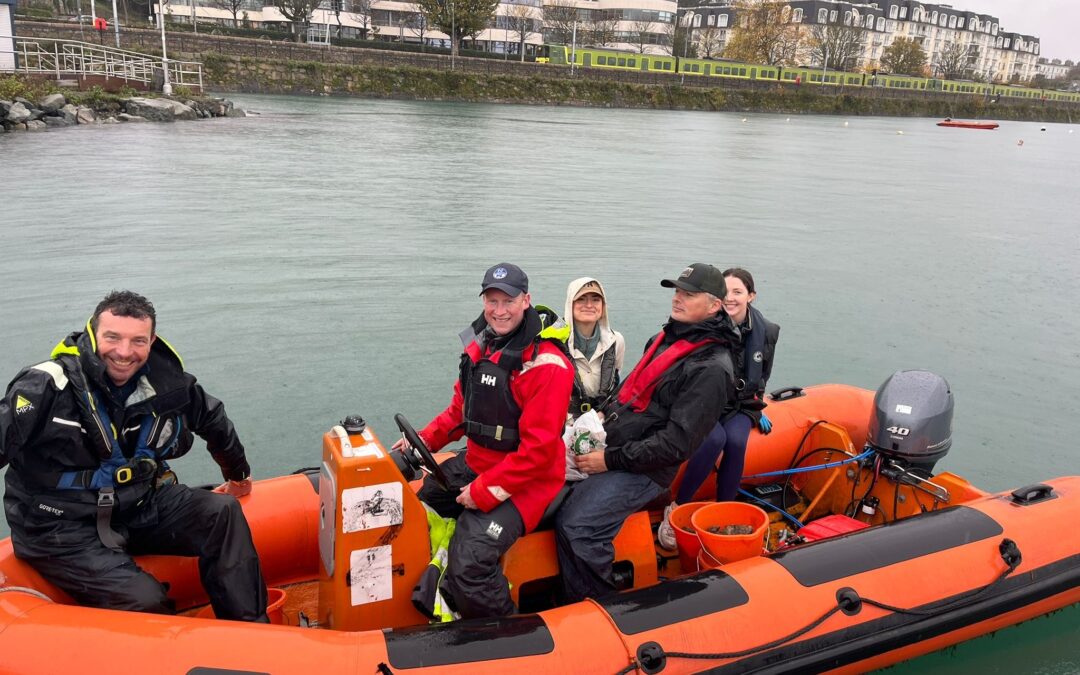

Green Ocean’s Dun Laoghaire Phase 3 project has successfully introduced 18,000 native oysters to Dublin Bay, advancing marine restoration in Ireland through innovative floating basket systems and community-led conservation.

Coffee is one of the world’s most traded commodities, but behind every cup lies a complex global supply chain. For businesses in Ireland, the way coffee is sourced can have far-reaching environmental, social, and economic impacts. Choosing sustainable coffee isn’t...
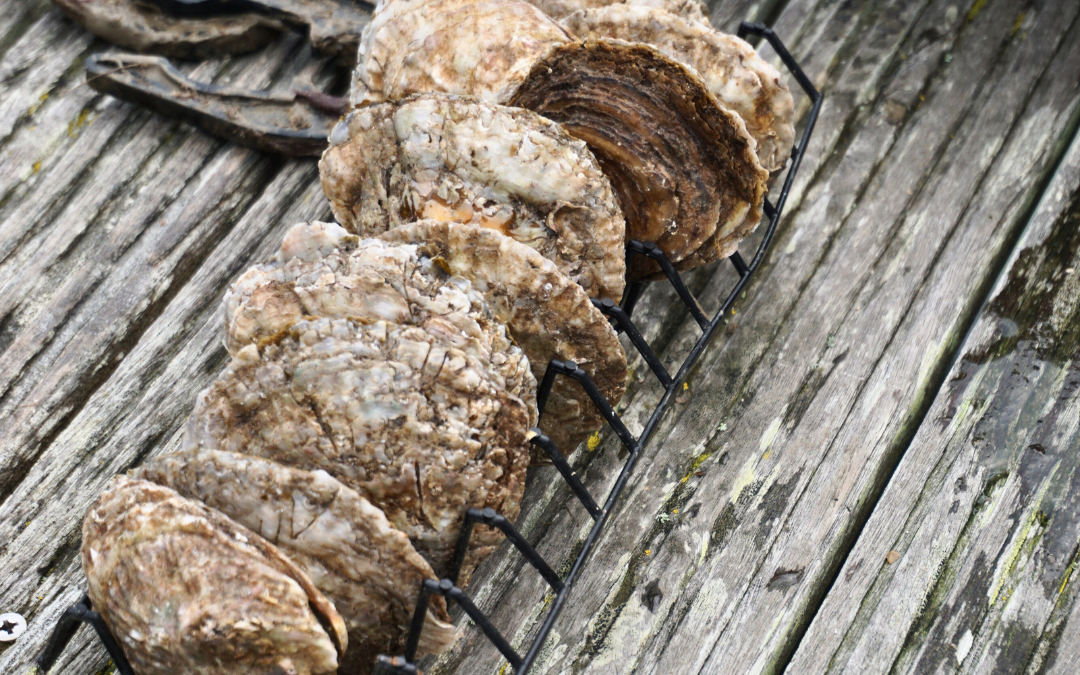
We are thrilled to announce the launch of our latest Green Ocean environmental project to re-introduce native European Flat oysters back into Dublin Bay after an absence of almost 200 years. The objective of this project is to establish an oyster brood stock so that...
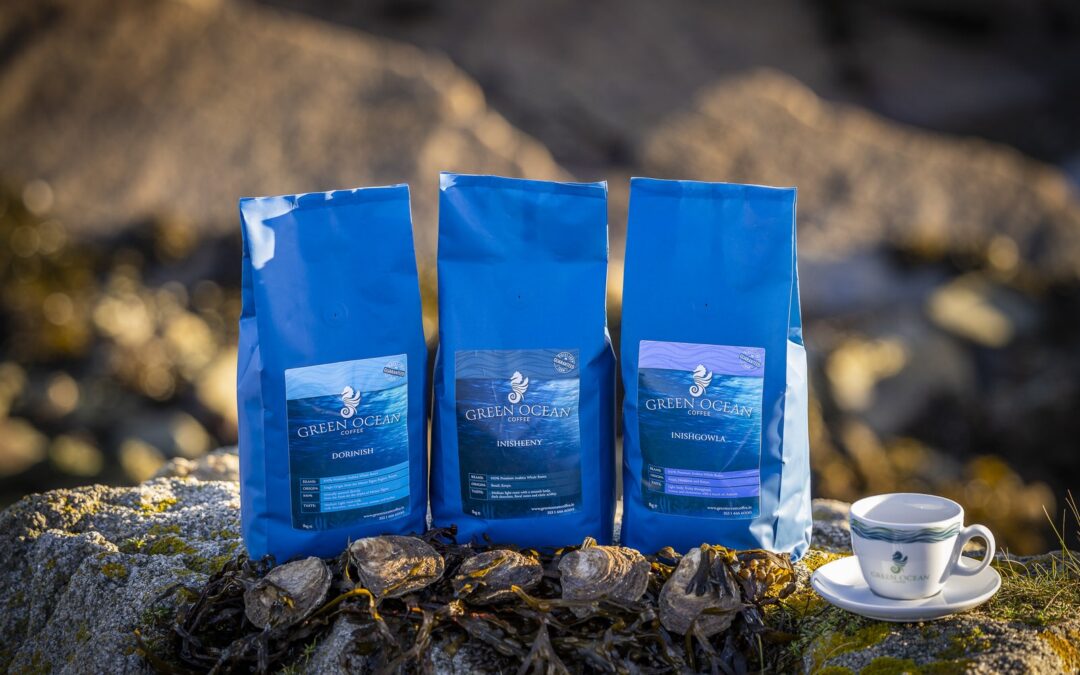
At Watermark, we are committed to running our business in a way that minimises our environmental impact. This is an unrelenting process that requires a lot of thought and vigilance but we’re up for the challenge!! As a person who has always been deeply interested in...
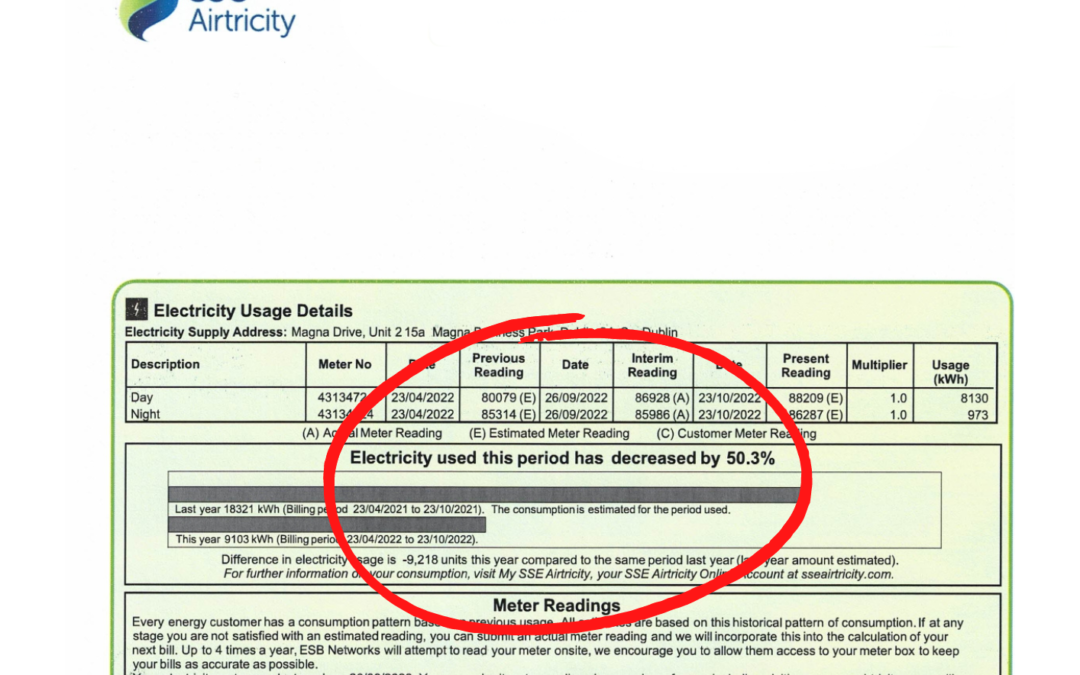
With 47% of Ireland’s electricity generation in October 2022 coming from wind generation (as reported by the Irish Times) it does seem as if we’re getting somewhere in moving away from our reliance on fossil fuels. This is truly fantastic news and hopefully we can...
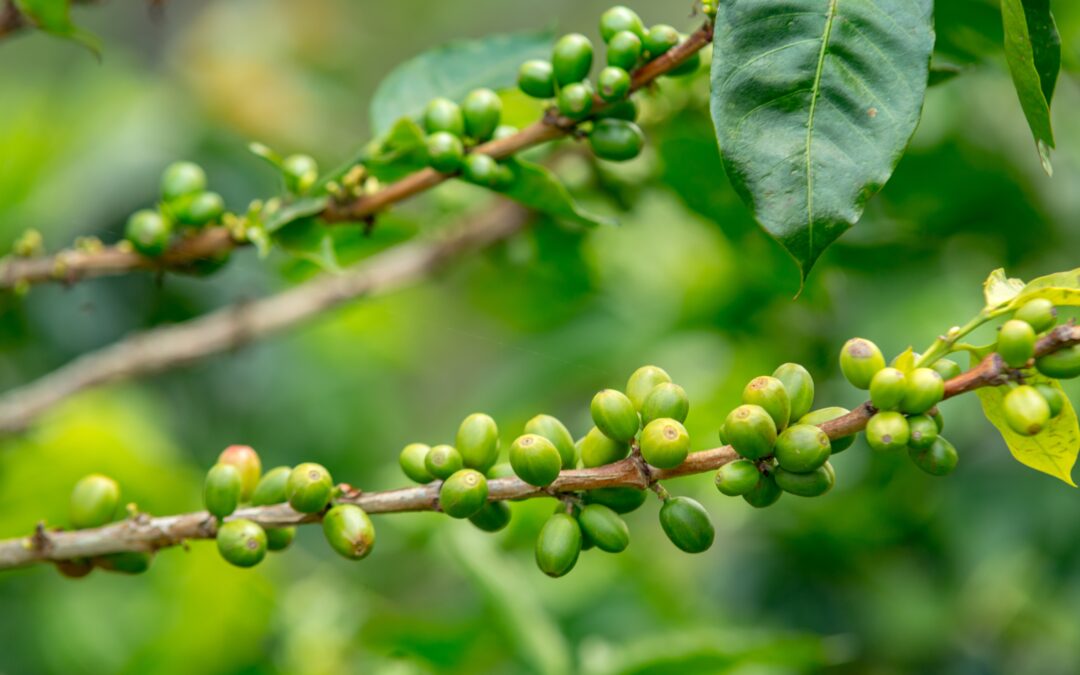
Those involved in the coffee trade over the past 2 years and have seen gyrations to the coffee price that were previously inconceivable. The worldwide supply of coffee has reduced due to damage from late frosts in Brazil in May 2020 combined with the covid...
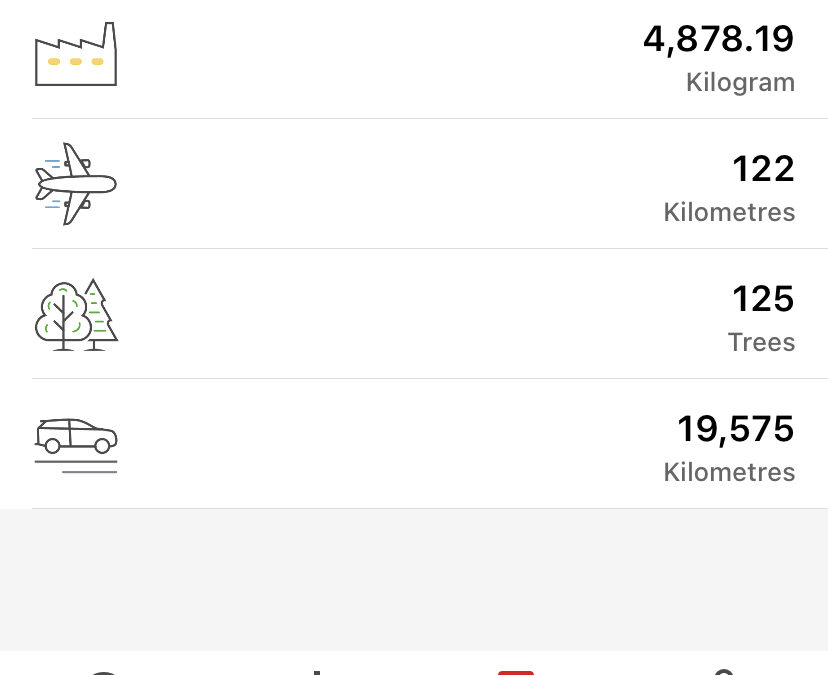
Last July we installed solar panels on the roof of our office and warehouse in Citywest. With only 8 months of data so far (and most of this during the Autumn and Winter) we have generated almost 11 megawatts of electricity to power our operations. This equates to...
After 3 years of planning, we have planted out our first Woodland Coffee plantation in Pallasgreen, Co Limerick. In November, our...
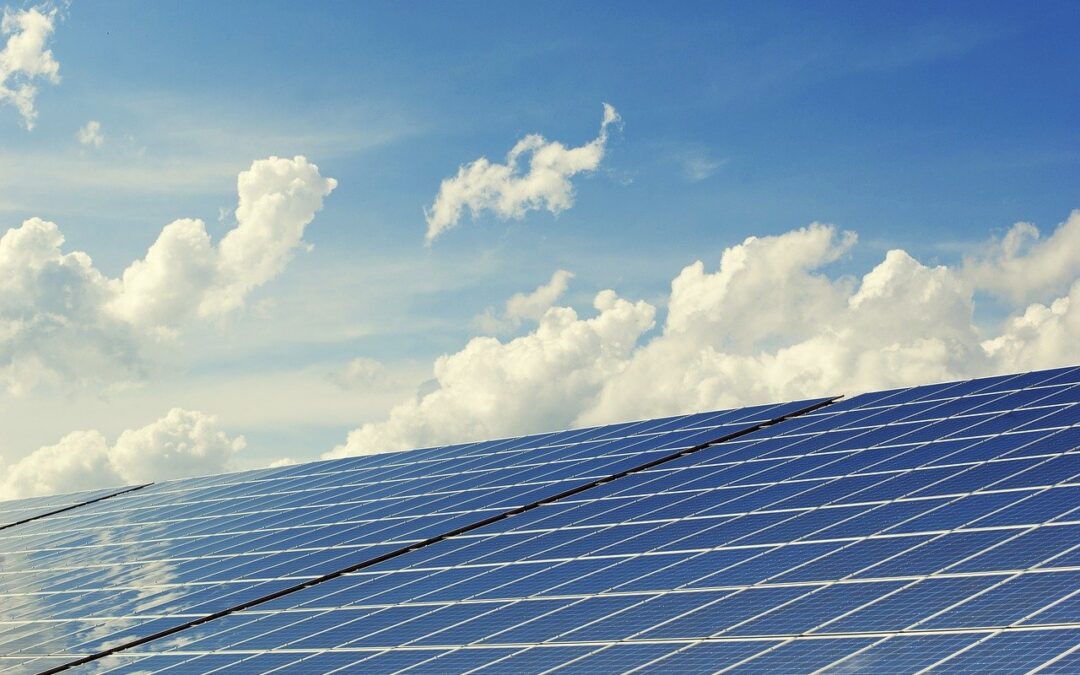
We are really excited about getting solar panels installed on our building here in Citywest. We are putting in 64 panels measuring 1.5 square meters each that will generate over 23,000 kilowatt hours of electricity per year. This is about 70% of our yearly usage....